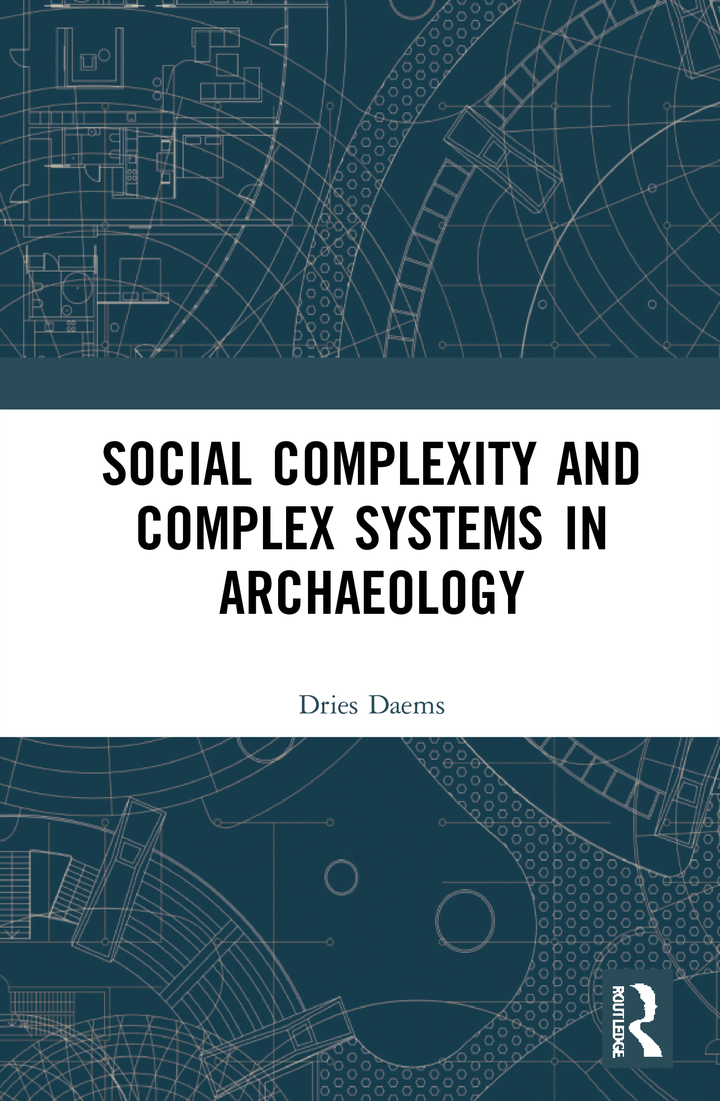Social Complexity and Complex Systems in Archaeology
 Available now
Available now
Abstract
Social complexity in archaeology is commonly related to properties of complex societies such as states, as opposed to so-called simple societies such as tribes or chiefdoms. These conceptualisations of complexity are ultimately rooted in Eurocentric perspectives with problematic implications for the field of archaeology. This book provides an in-depth conceptualisation of social complexity as the core concept in archaeological and interdisciplinary studies of the past, integrating approaches from complex systems thinking, archaeological theory, social practice theory, and sustainability and resilience science. The book covers a long-term perspective of social change and stability, tracing the full cycle of complexity trajectories, from emergence and development to collapse, regeneration and transformation of communities and societies. It offers a broad vision on social complexity as a core concept for the present and future development of archaeology. This book is intended to be a valuable resource for students and scholars in the field of archaeology and related disciplines such as history, anthropology, sociology, as well as the natural sciences studying human-environment interactions in the past.